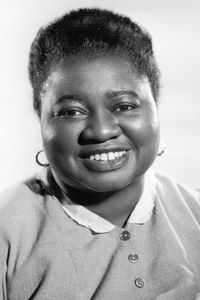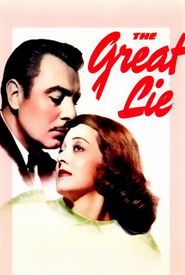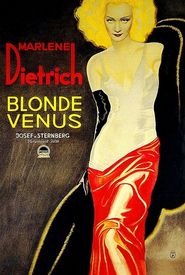Hattie McDaniel's illustrious career in the entertainment industry spanned multiple decades, with her journey beginning as a band vocalist in the 1910s. She made her film debut in 1932, playing a maid in The Golden West, a role that would become a staple of her early work.
As her career progressed, McDaniel's portrayal of maid-mammy characters evolved, showcasing a growing sense of assertiveness. This trend was evident in Judge Priest (1934) and Alice Adams (1935),with the latter film featuring a standout performance from McDaniel. Directed by George Stevens and starring Katharine Hepburn, Alice Adams marked a significant turning point in McDaniel's career, as she began to assert her independence and disdain for her employers' pretentiousness.
By the late 1930s, McDaniel's characters had become even more confident and outspoken. In The Mad Miss Manton (1938),she delivered a memorable performance, boldly telling off her socialite employer Barbara Stanwyck and her snobbish friends. This newfound confidence reached its pinnacle with her iconic role as Mammy in Gone with the Wind (1939).
In Gone with the Wind, McDaniel shone brighter than the white characters surrounding her, delivering a masterful performance that would earn her the Academy Award for Best Supporting Actress. This historic achievement made her the first African American actress to receive an Oscar, a milestone that would be celebrated for generations to come.
Despite her groundbreaking success, McDaniel's subsequent roles were often marked by a decline in her character's stature. She continued to work in film and television, appearing on the "Amos and Andy" and Eddie Cantor radio shows in the 1930s and 1940s, as well as starring in her own radio show, "Beulah," from 1947 to 1951. The character of Beulah was also adapted for television, with McDaniel reprising her role in the 1950 series.
McDaniel's legacy is a testament to her enduring talent and perseverance in the face of adversity. Her remarkable career serves as a reminder of the significant impact she had on the entertainment industry, paving the way for future generations of African American actresses.




















































































